Our Commitment to Diversity, Equity, and Inclusion
The Frances Xavier Warde School has a deep commitment to building a school community that truly is inclusive in perspective, diverse in composition, contemplative of our world, and self-reflective of our thoughts, words, and actions. Our goal is to be a community where all members are genuinely valued, included, and respected.
We know our learning environment is enhanced by the different stories and experiences of each member of our school community. We are one community composed of many families representing a broad range of viewpoints, cultures, religious beliefs, and backgrounds. We are best when we all learn from each other.
We embrace the celebration and understanding of different identities, backgrounds, and experiences. We lean into difficult conversations with courage and respect, and we continuously strive to improve our cultural competency, policies, and strategic goals.
We strive to animate our charisms of being a Community that is purposefully diverse and intentionally inclusive and a Community of faith that welcomes and embraces all faith traditions.
Growth and Development
People of Color Conference
PoCC is the flagship of the National Association of Independent Schools’ commitment to equity and justice in teaching and learning. The mission of the conference is to provide a safe space for leadership and professional development and networking for people of color and allies of all backgrounds in independent schools. PoCC equips educators at every level, from teachers to trustees, with knowledge, skills, and experiences to improve and enhance the interracial, interethnic, and intercultural climate in their schools, as well as the attending academic, social-emotional, and workplace performance outcomes for students and adults alike.
SEED
The National SEED Project is a peer-led professional development program that creates conversational communities to drive personal, organizational, and societal change toward greater equity and diversity. We do this by training individuals to facilitate ongoing seminars within their own institutions and communities. SEED leaders design their seminars to include personal reflection and testimony, listening to others’ voices, and learning experientially and collectively. Through this methodology, SEED equips us to connect our lives to one another and to society at large by acknowledging systems of oppression, power, and privilege.
Faculty SEED
All new FXW faculty and staff members participate in SEED Seminar over a course of 4 days during new FAS orientation. Veteran FAS members who have not gone through SEED are given opportunities to participate in SEED seminars at various times during the summer months and school year.
Family SEED
Family SEED Seminar is facilitated by FXW’s trained SEED team of faculty and staff members. The monthly sessions are offered to our parents/guardians who desire to learn how to practice equity within our diverse community and beyond. In our SEED sessions, we have created brave spaces in which to build a foundational knowledge base of social systems and intersecting identity topics concerning race, ethnicity, gender, socioeconomic status, et al.
Community Engagement
DEI Committe/Equity and Justice Forum
FXW’s Equity and Justice Forum is charged with providing brave spaces for dialogue, listening, and developing a deeper understanding of our school’s culture and climate and to create opportunities for the discovery and implementation of best practices in DEI work. In this space, we seek to understand how –isms play out not only in our community but also the world in which we live. EJF members seek to serve as the foundation for bridging differences, promoting reconciliation, and encouraging new perspectives.
The Equity and Justice Forum consists of the following five subcommittees that serve as the catalysts for animating our mission and charisms.
- Cultural Competency in the Curriculum: This committee discusses and recommends ways to integrate cultural competency more comprehensively into the curriculum and pedagogy. The goal is to employ a curriculum that provides students with mirrors, one that is reflective of their lived experiences, backgrounds, and cultures, and with windows, which allows students to develop an understanding of and empathy for lived experiences, perspectives, and cultures different from their own.
- Mission-Driven Hiring Practices & the Recruitment and Retention of Diverse Faculty/Staff: This committee explores and suggests implementation of strategic planning specifically focused on attracting and retaining faculty from underrepresented groups. This committee also ensures that hiring practices are equitable and inclusive.
- Community: This committee seeks to determine measures FXW can take to provide a more inclusive culture while determining the best approach for proactively engaging with all students, FAS, and parents to ensure everyone feels safe, seen, and supported.
- Admissions: This committee recommends additional ways to support the Admissions Office in developing a sustainable plan for the recruitment and retention of families of diverse backgrounds.
- Professional Growth & Development: In addition to SEED and ongoing professional development training with experts in the DEI field, this committee will discuss and suggest inclusive cultural competency and anti-racist training for faculty and staff.
Mission Committee of the Board of Trustees
FXW’s Standing Mission Committee consists of Board members, the Director of Diversity, Equity, and Inclusion, the Director of Education, HNC and OSP Principals, and the Head of School. Its mission is to ensure policies, programs, and procedures uphold the school’s mission and charisms.
Affinity Groups
Affinity groups provide a safe space for individuals with shared identities to come together and discuss their experiences at The Frances Xavier Warde School as well as an opportunity for positive identity development. The ability to uncover and explore common experiences by identity strengthens self-esteem as well as supports students in finding affirmation, confidence, resilience, and the means to be in solidarity with others. For identity-based affinity groups that bring together under-represented segments of our school population, groups build a network of support through seeing and sharing that ‘you are not alone.’ For identity-based affinity groups that bring together dominant identities of our school population, groups build capacity to see how to apply how social privileges can be navigated to support social justice.
Our affinity group curriculum and programs empower our community members to find and strengthen their voices and stand up for and advocate for themselves and others. Affinity groups help participants gain a stronger sense of self which, in turn, strengthens the overall FXW community.
Our Students
- Students of Color Affinity (SOCA)
- Young Women of Color (YWOC)
- Young Men of Color (YMOC)
Our Faculty/Staff
- FAS of Color
- LGBTQ+ FAS
Our Families
- Families of Color
- LGBTQ+ Families
Alliance Groups
An alliance group is a group of people who have a common commitment to a group of people who share a common identifier, for example race, gender, family status, or sexual identity. Alliance groups are for both individuals who identify as part of the identifier group as well as for individuals who stand in support and solidarity with people who hold that identity.
Students
- LGBTQ+ Alliance
Affinity & Alliance Groups FAQ
Why Affinity Groups?
Affinity groups support identity development. The ability to uncover and explore common experiences by identity strengthens self-esteem and supports students in finding affirmation, confidence, resilience, and the means to be in solidarity with others. For identity-based affinity groups that bring together under-represented segments of our school population, groups build a network of support through seeing and sharing that ‘you are not alone.’ For identity-based affinity groups that bring together dominant identities of our school population, groups build capacity to see how to apply how social privileges can be navigated to support social justice. Through the work achieved in affinity groups, members feel empowered to engage deeply with other groups and in mixed-identity spaces.
What is the difference between an affinity group and an alliance group?
An affinity group is a group of people who share interests, issues, a common background, and offer each other support. People who make up an affinity group share a common identifier, for example, race, gender, religion, sexual identity, family status, etc. Affinity groups allow members to explore their experience of this shared identity through facilitated conversations which expands personal capacity to understand self and to build authentic relationships cross-culturally. The ultimate goal for an affinity group is to support the development of a healthy sense of self within that identity so that members will feel empowered to engage deeply with others in the wider community.
An alliance group is a group of people who have a common commitment to a group of people who share a common identifier, for example race, gender, family status, or sexual identity. Alliance groups are for individuals who identify as part of the identifier group and for those who support and solidarity with people who hold that identity.
What takes place in an affinity group?
Facilitators structure a space where participants are invited to share their personal, family, and community experiences and to examine the world around them. Through activities and discussions, participants ask questions, find answers, and develop their voices.
Are affinity groups divisive?
To the contrary, affinity groups foster strong communities and school institutions. They help participants to identify and explore issues, both personal and social, that may otherwise go unnoticed or unexplored by the school. By providing a space to exchange ideas, ask questions, and problem solve, affinity groups support affirming and celebrating what is both unique and shared within our community. In addition, affinity groups create what we refer to as a “critical mass” of people who share a common experience, which supports and strengthens self-esteem.
Are affinity groups a form of self-segregation?
The term segregation has strong negative connotations in our country and a historical and present-day understanding that is counter to the purpose of affinity grouping. Affinity groups are about congregating since they support the building of community – first as a member of the affinity group and then as a member of the greater mixed-identity community. This enforces our desire to be an identity conscious community.
More questions?
Contact Terri S. Jackson, Director of Diversity, Equity, and Inclusion at jacksont@fxw.org.
Maggie Daley Speaker Series
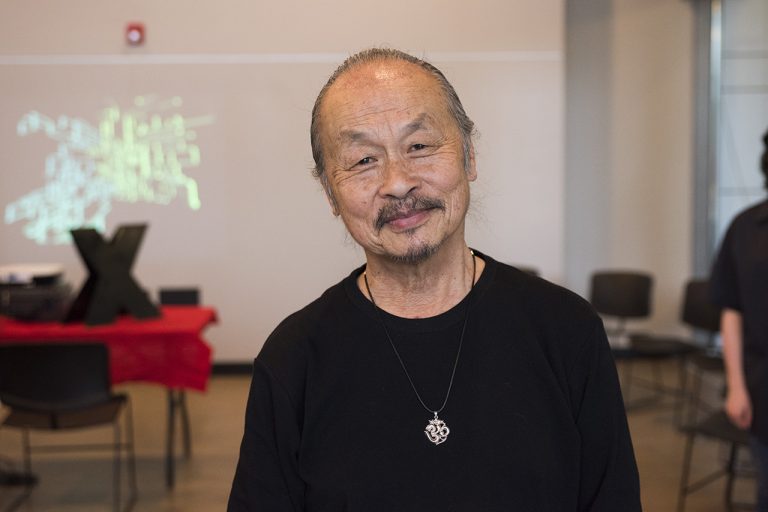
Lee Mun Wah is an internationally renowned Chinese American documentary filmmaker, author, poet, Asian folkteller, educator, community therapist and master diversity trainer. For more than 25 years he was a resource specialist and counselor in the San Francisco Unified School District. He later became a consultant to private schools, working with students that had severe learning and behavioral issues. Lee Mun Wah is now the Executive Director of Stirfry Seminars & Consulting.
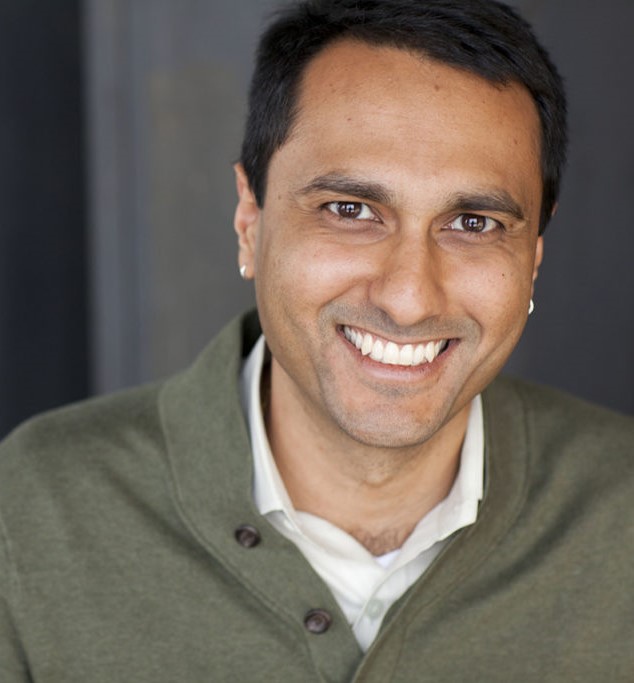
Eboo Patel is a civic leader who believes that religious diversity is an essential and inspiring dimension of American democracy. Named “one of America’s best leaders” by U.S. News and World Report, Eboo is Founder and President of Interfaith America, the leading interfaith organization in the United States. Under his leadership, Interfaith America has worked with governments, universities, private companies, and civic organizations to make faith a bridge of cooperation rather than a barrier of division.

Amanda E. Lewis is the Director of the Institute for Research on Race and Public Policy and College of Liberal Arts & Sciences Distinguished Professor of Black Studies and Sociology at the University of Illinois at Chicago. Her research focuses on how race shapes educational opportunities and on how our ideas about race get negotiated in everyday life. As Director of IRRPP, she has co-authored a number of reports as part of the State of Racial Justice in Chicago project chronicling the experiences and conditions of racial/ethnic groups in the city. Dr. Lewis lectures and consults regularly on issues of racial and educational equity and contemporary forms of racism.
DEI Community Partners
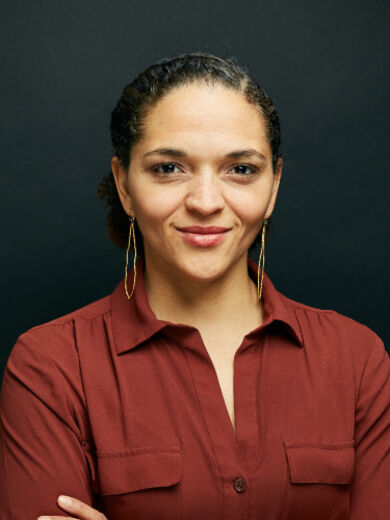
Karima Wilson is the founder and CEO of Forged Ed, an organization which provides equity trainings for educators and leaders wanting to make their schools more equitable. Under her leadership, Forged ED is now a team of 7 powerful women determined to support building a better, stronger educational ecosystem.
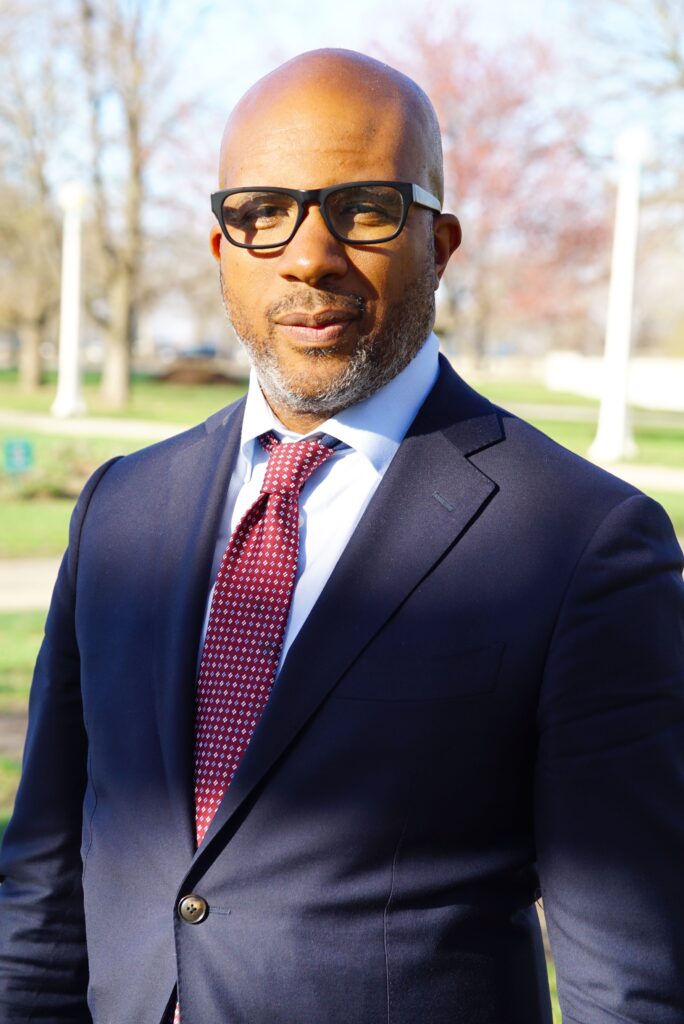
Dr. Derrick Gay is an internationally recognized diversity, equity, inclusion, and belonging consultant, as well as an intercultural strategist, speaker, writer, and university lecturer. During the first 12 years of his career, Dr. Gay served as a music and language teacher, providing instruction in Spanish and French. He soon transitioned into senior administrator leadership positions at several U.S. schools, before taking his consultancy full-time.
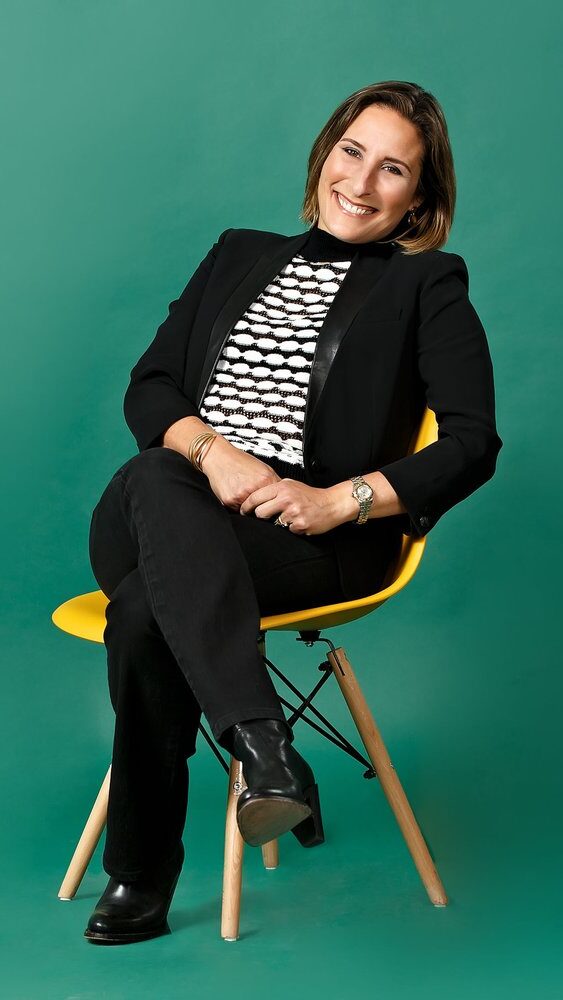
Rosalind Wiseman challenges us to understand the power of dignity to build courage, connection, and community.
She is a speaker, writer, advisor, and thought leader on leadership, culture, conflict, and young people. Currently, she serves as a senior leadership consultant at the US State Department’s Office for Overseas Schools which serves over 195 schools throughout the world and is supporting Professor David Yeager at the University of Texas on a forthcoming book on young people and motivation.
Curriculum and Programming
Our goal is to continue to create a curriculum that will provide mirrors and windows for all students and allow for learning, sharing, and discussion of our identity not only as a school, but also as individuals who are learning how to value the diverse community that we are inside and outside of the two FXW campuses.
Cultural Celebrations
The FXW community honors and values all faith and cultural traditions through regular celebrations, assemblies, and educational experiences. Following is a sampling of the cultural events, activities, and celebrations that take place throughout the school year.
| Month | Event |
| January | – MLK Day – Lunar New Year |
| February | – Black History Month – Black Excellence Student Showcase |
| March | – Women’s History Month – Irish Heritage Month |
| April | – Ramadan – Eid al Fitr |
| May | – AAPI Heritage Month |
| June | – LGBTQIA+ Pride Month – Juneteenth |
| July | – Disability Pride Month |
| August | – Women’s Equality Day |
| September | – Latinx Heritage Month |
| October | – Indigenous Peoples’ Day – National Coming Out Day – Dia de los Muertos Student Showcase – LGBTQ History Month |
| November | – Native American Heritage Month – Diwali – Transgender Day of Remembrance |
| December | – International Day of Persons with Disabilities – Seasons of Light – Christmas |

